以税收之 "鞭 "驯服人性之 "恶 "真的公平么 ?
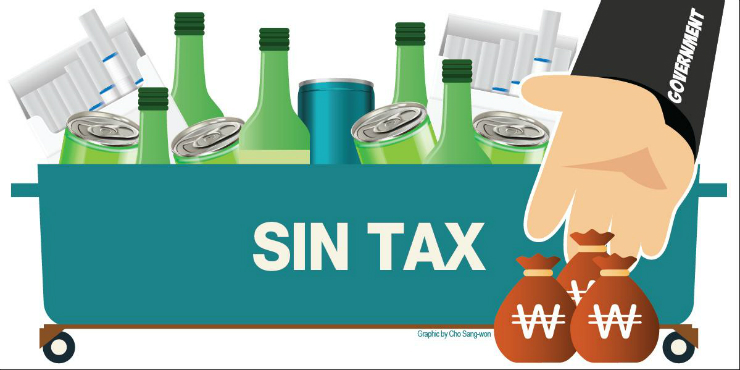

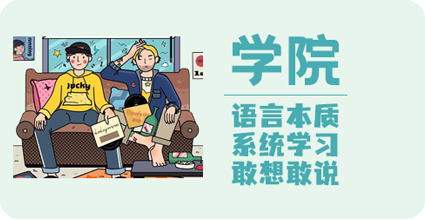
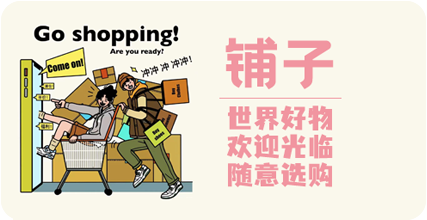
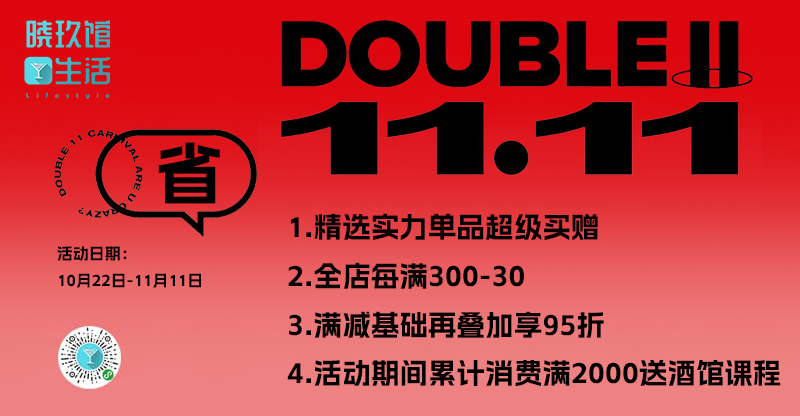
▲点击进入 相应板块
" Sin tax"
PART TWO
△
点击播放音频
KEY WORDS
图片均来源于网络 | 侵删
加小助手VX【luluxjg2】领取全文逐字稿
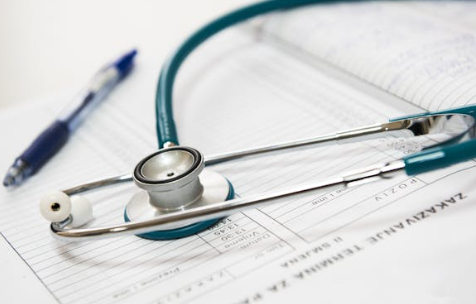

Arguments in Favor of Sin Taxes


Improves Public Health
♦ Higher prices mean fewer people buy harmful products.
♦ Example: Many smokers quit when cigarette prices rose.

Raises Money for Healthcare
♦ Governments can use the tax revenue to pay for hospitals, health campaigns, or education.

Encourages Responsibility
♦ People have more reason to make healthier choices.


Arguments Against Sin Taxes


Unfair to the Poor
♦ These taxes hit low-income people hardest since they spend a higher percentage of their income on these goods.

Personal Freedom
♦ Some believe adults should be free to make their own choices without government control.

Doesn’t Always Work
♦ People might keep buying the product even at higher prices because of addiction.

Illegal Market Risk
♦ High taxes may encourage smuggling or black market sales.


Cultural Comparison


Some countries focus heavily on sin taxes:
♦ Scandinavian countries – very high alcohol prices to reduce drinking.
♦Singapore – strict rules and high taxes on cigarettes and alcohol.

Others have low taxes and a more laissez-faire (hands-off) approach:
♦ United States – lower alcohol taxes in some states.
♦Some developing countries – limited tax collection systems.

节目文稿全记录
#873
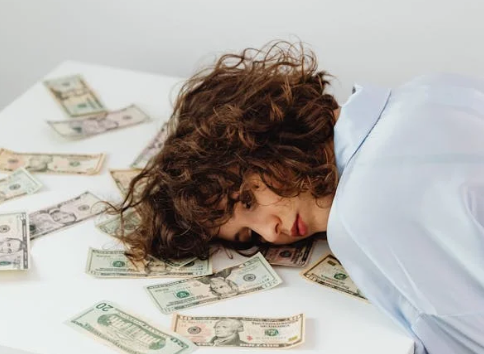
Hello again欢迎来到Happy Hour英文小酒馆。关注公众号璐璐的英文小酒馆,加入我们的酒馆社群,邂逅更精彩更广阔的世界
All right. So having said all of the basics, let's talk about the arguments in favor of sin taxes and the arguments against.
Well, the first argument is it improves public health, higher prices mean fewer people buy harmful products. So many smokers quit when cigarette prices went up and sales of soda, when Mexico introduced the soda tax in 2014 dropped by7.6% in the first year.
Yeah. And I mean, I dare say people are just becoming healthier and their weight drops. This is quite obvious used as a deterrence. You don't control, I mean, you don't just ban people from doing something. You just make it so prohibitively expensive. Same thing they do with like congestion tax, you control traffic, right? But obviously when they collect that extra tax, the money can then be put back into public health care.
Yeah. So governments use that tax revenue to pay for hospitals, health campaigns, education. So this money is being put back, is being plowed back to the people who actually kind of are spending the money who will have in kind of all likelihood, more health issues in the future.
The other thing is it encourages a sense of responsibility, like you take care of your own health instead of do whatever you want and then expect the public health care system to save you.
Yeah.
This is a standing argument. I remember doing a debate with my students in one of my classes about sort of medical ethics and saying that if you have two choices to save, for example, a baby with congenital heart problem and a man who's a heavy smoker who's here for lung transplant, but you can only do one pro bono, which would you do? A lot of people would go for the baby because they feel like the baby didn't make that choice on his or her own, but the smoker made his/her choice by, you know, trashing his/her body.
But then again, that's also a little bit of the arguments against sin tax as well.
This is highly controversial when it comes to medical ethics, like how much responsible should we take, how much responsibility lies on the government? I think one of the arguments against sin tax, one of the major ones is that personal freedom. It is, I know it's not banning, but it's limiting.
It's limiting, and the government are still making decisions on kind of how you spend your money, they're still disapproving of your habits, your own personal choice. Even if there's not actually outright banning it, they're still kind of saying what you're doing is bad.
The other thing I've read the other day and also that was in the article that is disproportionately affecting the poor.
It is a trend nowadays that the highest socialeconomic status someone has, probably the healthier they're going to be, because, for example, fast food, junk food that is, or was generally cheaper than fresh food. So poorer people who were working probably very long jobs, didn't have a great deal of money, they were relying more on junk food. And there is a trend that smoking is incredibly prevalent among people who do have lower incomes, and they're the ones who have to spend even more money on these goods, and it doesn't even work sometimes.
But because a lot of those are addictive.
Yeah. So people will keep buying the product even at higher prices because of addiction. So if you're an alcoholic, it doesn't really matter if you're spending£1, £2, £10, £20, you're spending that money on something that you're addicted to.
It's just that obviously you will face more of a financial strain.
Oh, exactly.
Which brings us back to the topic why it is disproportionately affecting the poor because for the rich, even if they want to indulge in these activities, the added tax will not really affect them that much.
And the poor instead of getting help, they're just being actually “forced” by the government to spend even more money to put themselves in an even worse financial situation instead of actually getting help.
I mean, you can argue the government's decision or the sin tax policy comes perhaps from a good place. But in reality, people who are in the lower income brackets, they are still purchasing these products, but at a higher price, therefore pushing them further into poverty, not necessarily lifting them out of their bad habits. It just doesn't really work, always work in real life.
Think about Prohibition. For example, Prohibition didn't work because people just used to smuggle or make their own alcohol that increased crime, the black market.
When you ban something, when you’re outright banning something, they just turn to black market. 安澜刚才说 Prohibition Era就是美国上世纪20年代的禁酒令时期, Great Gatsby那个时期, 然后就开始都是地下的酒馆了. So illegal market risks, black market, 黑市的交易 smuggling走私, but let me just laugh at the smuggling of sodas. The coke smuggling ring. And just before you ask, it's not cocaine, it's Coca Cola.
It might happen. It might happen.
But one of the things I took from that article that you shared in your 外刊 course was, what happens if the government relies on this income, but it works too well that people are actually living healthier lives, they're spending less on cigarettes and spending less on alcohol and this is a trend as well that Gen Z and Gen Alpha they actually drink a lot less than previous generations.
So this itself is a bit of a conflict of interest. These sin taxes were put into place so that people would be discouraged. But what happens if it works too well? People are so discouraged that the government loses a key revenue stream.
Yeah, the revenue from tax, from these sin taxes.
What happens with the government then start encouraging people to smoke more or to drink more?
No, I think that article basically argues then the government will find new things to tax.
Probably will.
For example, you can then tax more types of food.
But... and then again, that will just keep expanding so...
How about putting more tax on coffee? I don't drink coffee so that doesn't concern me.
Exactly. That's also a bit of an argument against, it's like okay, then cigarettes obviously not very healthy. Then the government will start expanding to tax things that might have a very slight health risk. For example, if there's, as you said with coffee, if there is a, an article that says coffee causes certain diseases, would then the government just decide to tax coffee, or tea, or other things?
That is, I mean, it's a kind of like a Catch 22 situation, isn't it? It's like originally you want to tax people to both deter their bad behavior, pushing them into healthier habits, therefore reduce the health care cost, at the same time, you want to use that tax revenue and you can collect it and that's part of the government income, government revenue. But then again, it soon becomes you can't have the cake and eat it too, 你不能既要又要了.
Not if there's a sugar tax.
No.
Thank you.
Touche. Right. So on that note, I think we're going to wrap up this episode. If you are interested in a topic or if you have anything to say on sin taxes, should they be collected? Leave us a comment in the comment section and put in your request for what you want us to talk about.
We'll see you next time.
See you next time.
Bye.
Bye.
排版长图:Jer.ry
文稿校对:Jenny
图片来源:均来源于网络 | 侵删

星标 “璐璐的英文小酒馆”
听见更精彩的故事,遇见更广阔的世界







▲点击以上图片,Get世界精选好物













